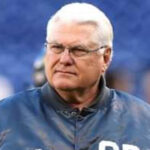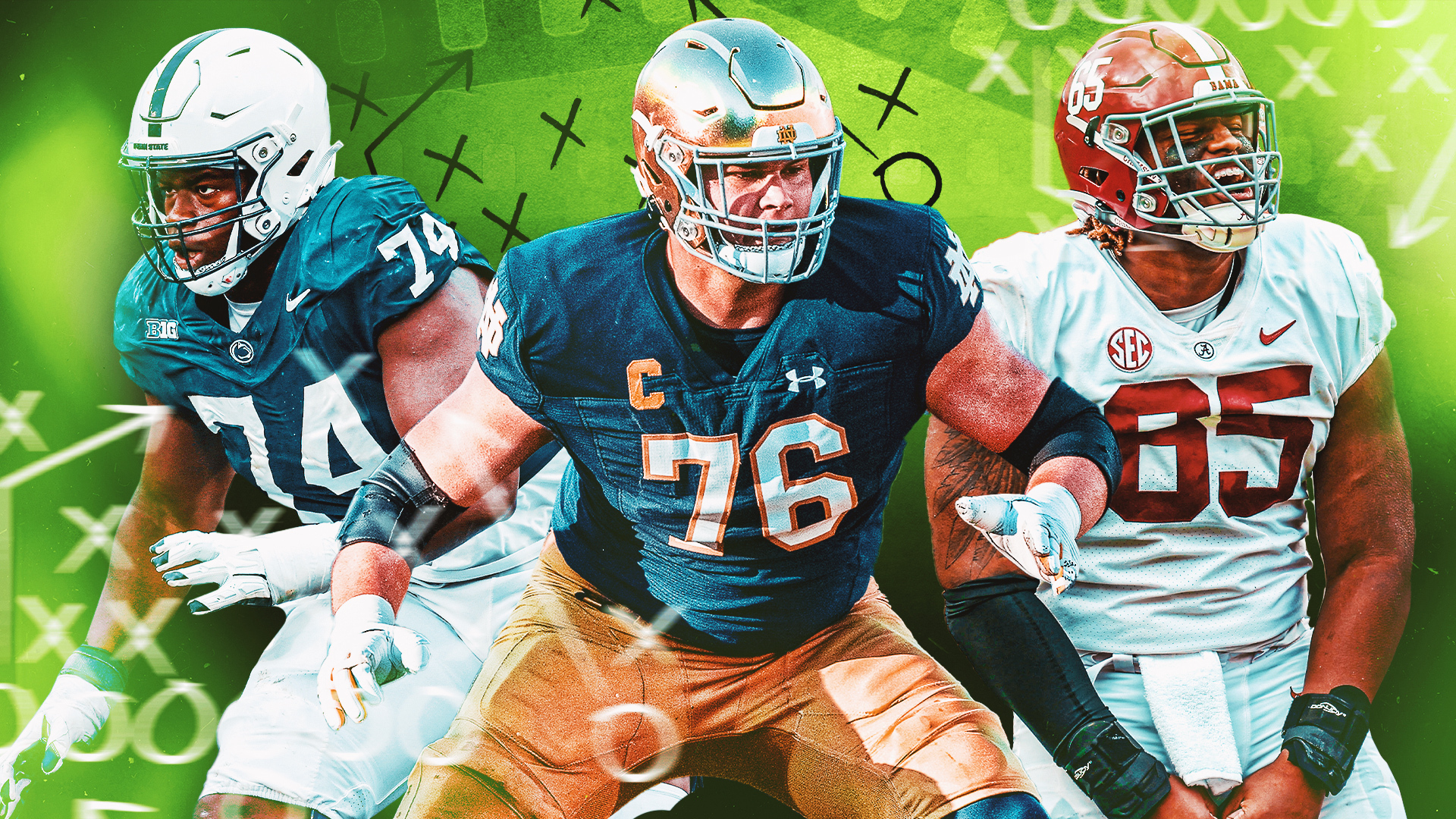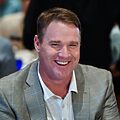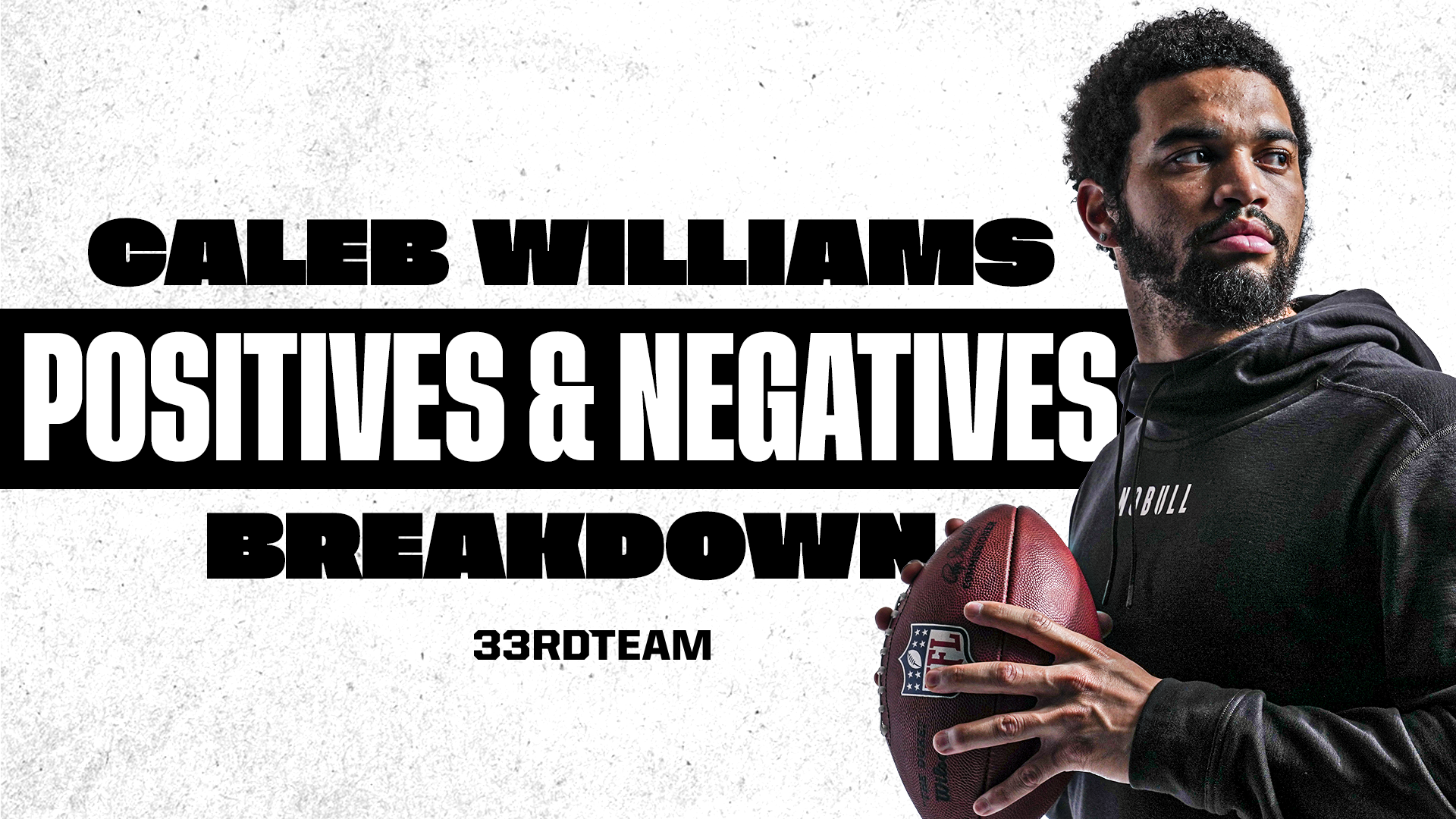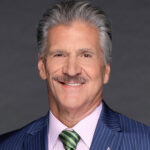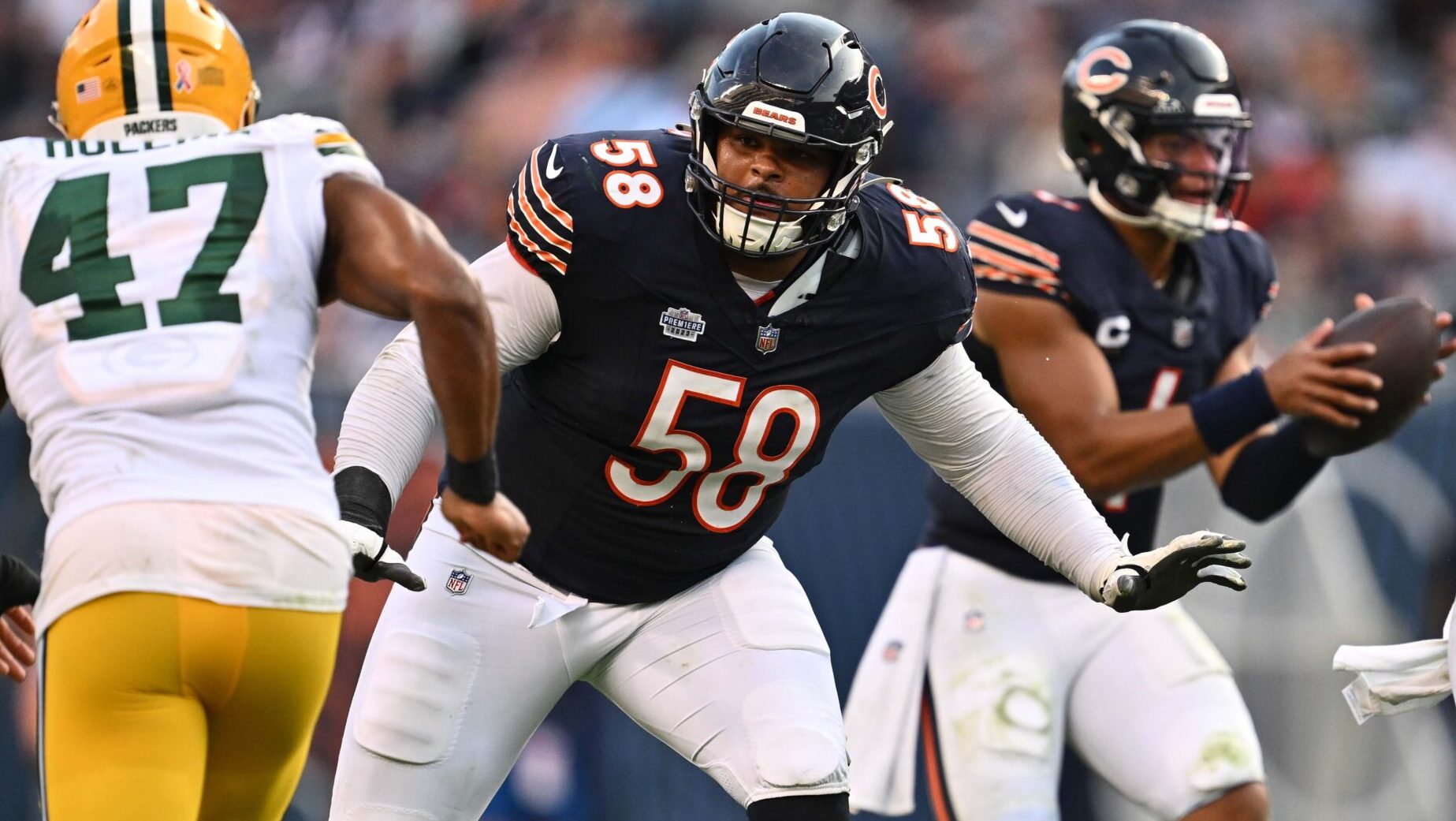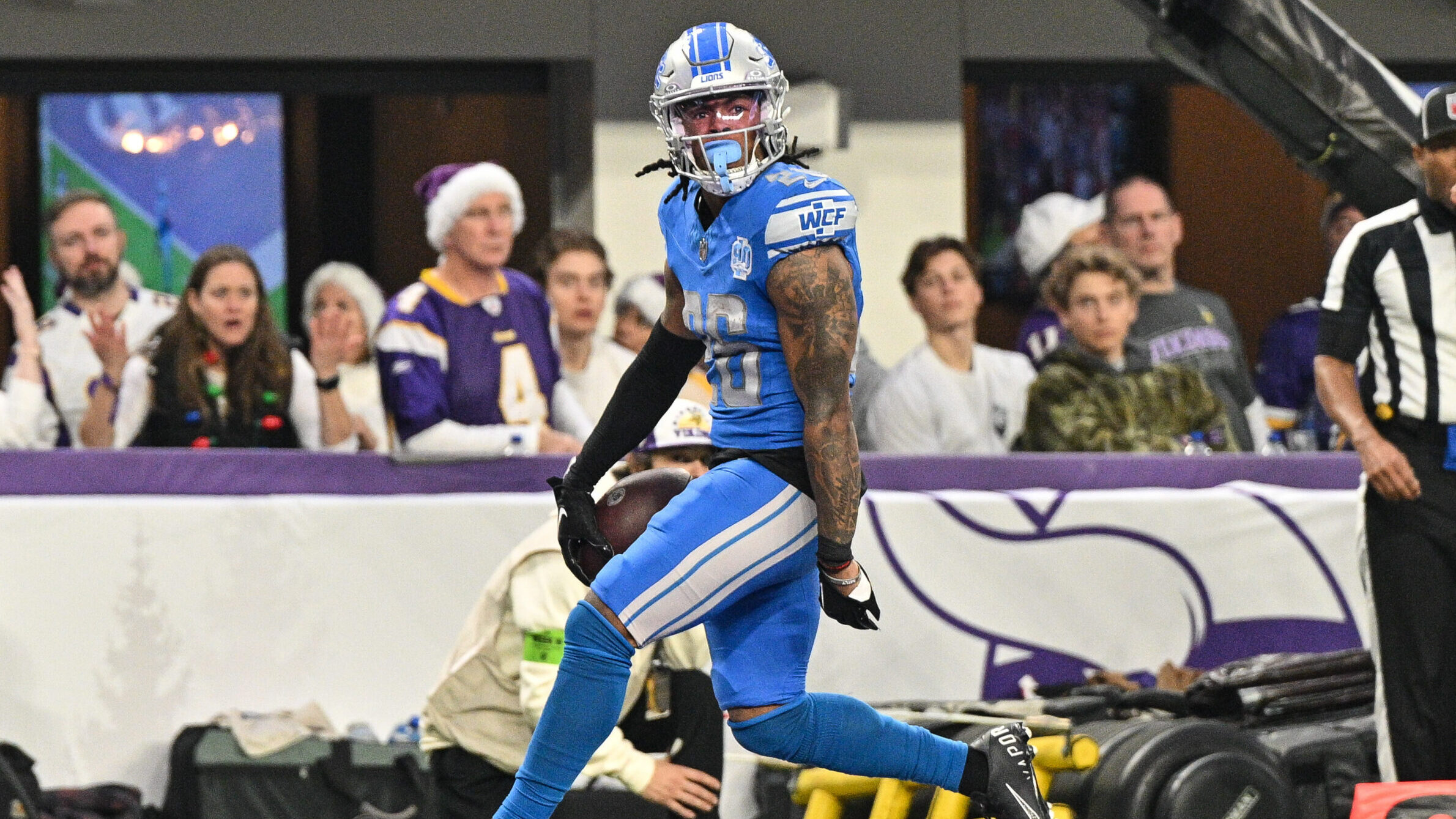Analysis
1/28/22
12 min read
Eric Mangini: Inside The Journey Of Being An NFL Head Coach
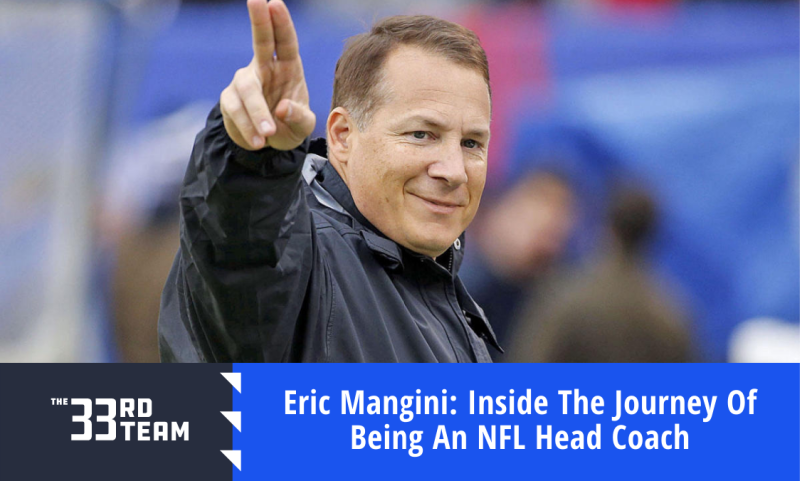
Eric Mangini is a three-time Super Bowl champion coach and a former AFC Coach of the Year. He has been the head coach of the New York Jets and the Cleveland Browns and is currently an analyst for Fox Sports.
Tell us about your NFL Journey and what lessons you have learned as an NFL head coach and building a staff.
I started as a ball boy in Cleveland, that was how I got into the league. I ended up going to PR and then was a coaching assistant. When Bill Belichick was let go and the team was moved to Baltimore, I stayed on as an offensive assistant with Ted Marchibroda. Then, I moved to the Jets as a defensive assistant on the secondary with Belichick and Parcells. Next, I moved to New England as the DBs coach and then DC. I then got the opportunity to be the HC for the Jets and then the Browns. At all those teams and in all those roles, the biggest lesson I learned was the importance of people and character of people involved in the organization. That’s players, coaches, and front office. I’ve always been a huge advocate of the mindset that talent sets the floor and character sets the ceiling.
I’ve been with a lot of different teams (Cleveland Browns, Baltimore Ravens, New York Jets, New England Patriots, Cleveland Browns, and San Francisco 49ers) over 20 years working in the NFL. My experiences as HC of the New York Jets from 2006-2008 and as HC of the Cleveland Browns from 2009-2010 reinforced the lessons I learned as an assistant coach on how important the staff was. As a first time head coach, I learned a lot about the challenges of assembling a staff and then being in Cleveland I saw how important not only the talent was but how important the cohesiveness and character of the staff is.
You have been the head coach for the New York Jets & the Cleveland Browns – what were the interviews like for these roles?
The interviews for each job were radically different. With the Jets, I interviewed with Terry Bradway and Mike Tannenbaum. We spent a lot of time on a ‘more traditional’ interview process. We spent a lot of time talking about what the operation would look like. Training camp, mini camp, regular season, draft, free agency. This was what I imagine most people would think an NFL head coach interview would be like. It was interesting because I was with Mike, who I had already known. I also was in the division with New York and knew a lot about the other teams and had been in the New York Jets building for three years prior. I had been in the stadium, practice facility, and knew a lot of the staff from front office to strength and conditioning to medical.
With Cleveland, I got the call pretty soon after I was let go with the Jets and was actually pretty sick. I met with the owner on Long Island and threw up on the way to the interview and while at the interview in the bathroom. I didn’t think it was my best performance but I had a much better understanding of what it meant to be a head coach. It was a lot easier than projecting what I wanted to do like I had in New York. We met several times and did talk mechanics but spent a lot of time talking about the vision. What did we want to be, where did we want to go. It was very different from the Jets but I was ready because of the Jets experience. I also wasn’t nervous because I was too sick to be nervous.
What is something first time head coach interviewees need to keep in mind?
As you prepare, it is impossible to fully immerse yourself in your next potential team as much as you’d like to. You give yourself the best shot at being hired as the head coach by constructing and presenting an organizational vision for the team and what your leadership will look like on a daily basis as well as on a more macro scale.
What was your experience building your coaching staff in New York like? How did you implement your philosophy while helping keep the transition smooth for the players and other personnel? Why did you hire the staff members that you did?
This was the first time I had to assemble a coaching staff and I strived to bring elements of other teams I admired and respected while keeping some semblance of continuity among the staff. I hired a group of coaches whose personalities all meshed well together; when you spend so much time with one another, compatible personalities are key. Brian Schottenheimer was someone I had experience game-planning against, as he was the quarterbacks coach of the San Diego Chargers from 2002-2005 while I was helping coach the New England Patriots defense. That system always created problems for our defense. I wanted an innovative and young offensive coordinator and he coached an offensive scheme that had given us fits whenever we played them. He was also willing to be flexible with his offensive system and adapt it to what we wanted to do in New York.
On the offensive side of the ball, I brought in Noel Mazzone to coach the wide receivers, Jimmy Raye to coach the running backs, and in 2007, I brought in current Buffalo Bills offensive coordinator Brian Daboll to be the quarterbacks coach. Mazzone was an innovative coach in college football at the time and his personality was a great fit with our staff. Jimmy Raye brought a little bit of gray hair with his wealth of knowledge, experience, and wisdom to our young coaching staff. His perspective with different schemes and in dealing with players was very valuable to us.
As Kansas City’s offensive coordinator, Raye had developed a reputation to be aggressive on fourth down and take shots down the field before it was en vogue to do so. Daboll was someone I knew from my time with the Patriots. His intelligence, work ethic, and shared experience were very important to me. He helped bring elements of New England’s offensive system to New York and he eventually came with me to Cleveland. In 2008, I brought in Bill Callahan to coach the offensive line – his wealth of prior coaching experience both as the head coach of the Raiders and at the college level for Nebraska gave him a global perspective that elevated both our o-line and our team.
One of the coaches I retained was Bob Sutton, who I promoted to defensive coordinator. He had experience with the system (under Al Groh) that I wanted to run and helped me maintain a sense of continuity in a time of transition for the New York Jets. Special teams coordinator Mike Westhoff was another coach I kept on the staff to help me achieve this. I loved not only his technical knowledge but also his willingness to always be honest about what he saw and felt. Corwin Brown and Jerome Henderson were two guys that I coached, and I was so impressed with their knowledge and intelligence. Corwin was the DBs coach and Jerome replaced him after he left for Notre Dame.
To assist the defensive line, I added Bryan Cox; another former player I coached who was working as an analyst on sports radio and a player I really respected. He saw the field from a different perspective thanks to his intimate knowledge of multiple positions and I really appreciated his honesty as a coach. In 2007, I brought in Dan Quinn as our defensive line coach and his career has ascended from there. Bringing in coaches from my previous stops, that I had played against and that I admired allowed me to take the best elements of various systems and meld them together in New York.
How did your experience in New York impact your time as a head coach in Cleveland? Did you have any changes to your hiring process? Did you have any overlap with coaches from your previous roles?
Familiarity was a crucial factor in assembling my staff in Cleveland. I hired Rob Ryan to be our defensive coordinator; Rob was a great friend and we worked closely together in New England and he was actually part of his interview process with the Patriots. We had adjacent offices, shared the same defensive philosophies as well as elite workout routines. I elevated Brian Daboll to be offensive coordinator; I saw this as the next step after seeing his incredible growth not only as a coach in New England but also as my QBs coach with the Jets. My assistant head coach and special teams coordinator was Brad Seely who I worked closely with for five years in New England. Like Bill Callahan in New York, he brought a global perspective and honesty that I really wanted and appreciated. One of the things I focused on was filling out my staff with a mix of coaches that had just coached in college as well as those coming from the NFL.
My transition from New York to Cleveland was an opportunity but also full of obstacles. When jobs become available, you become inundated with people reaching out to you and inquiring about openings. I was able to navigate this by talking with people I trusted, respected, and that I had worked with previously.
No hire better exemplifies the lessons I had learned than when I began looking for a new linebackers coach. I knew I wanted a college perspective for this role, so I cast a very wide net. I needed a coach that was bright, innovative and had a personality that would fit the rest of the staff. In addition to phone calls I got from or on behalf of potential candidates, my staff and I looked at coaches we had relationships within the college world. We weighed recommendations we received based on whether they were coming from a head coach, coordinator, someone the organization trusted, or someone in another position.
After initial discussions, we did a final round of calls to our candidates. Our three finalists were Luke Fickell (now the head coach at the University of Cincinnati), Justin Wilcox (now the head coach of the California Golden Bears), and Matt Eberflus (the current Head Coach of the Chicago Bears). At the time, all three of them were defensive coordinators at big college football programs. When we brought each coach in, we had them talk about their defensive philosophies and schemes and talked to them about what we did. They then spent time with the various groups and coaches they would be working with – the defensive staff, offensive coaches, our strength and medical trainers, and our personnel executives – all of whom gave us their feedback from their interactions. At the end of the day, we tested each of the three candidates to gauge their recall and understanding of the concepts we had taught them to begin the interview. All three coaches had great interviews and we ended up hiring Eberflus to coach our linebackers.
What would you say the hardest part of being a head coach was for you?
The hardest part of my job was letting coaches go, particularly after I had put together the staff myself. As the head coach, every coach I had to part ways with felt like a personal failure because I had every chance to research and vet them prior to hiring them. People often forget that coaches are human beings with feelings and families so I felt a responsibility to each coach to make things work. If repeated efforts weren’t enough to address any issues or problems or an opportunity for a significantly better fit presented itself, I then had to make that tough decision. Regardless of the reason for letting a coach go, it always felt like a failure on my part as the head coach.
How did your head coaching experience shape your later interviews?
A few years after my time in Cleveland, I interviewed to be the Oakland Raiders General Manager. With no prior experience in the division or with Oakland’s personnel, I put in a lot of research into the team’s personnel and the overall state of the team. My experience having coached two teams, assembled two coaching staffs, and gone through multiple cycles of the draft, free agency, salary cap management, and contract negotiations helped me feel extremely prepared. The most important thing a head coaching candidate can do is articulate how you would run the team during the different chapters of the NFL year.
What advice do you have for coaches going through head coaching interviews?
My advice I have for those going through head coaching interviews is to ensure you can paint a picture of what the team will look like under your leadership. What you liked and wanted to change about your previous team, your philosophies on player and risk tolerance, balancing free agency with drafting and developing, and your overall coaching principles are all crucial to demonstrating your capabilities for the job. Through preparation and communicating your overall organizational vision, you give yourself the best opportunity to be successful in the interview process.

